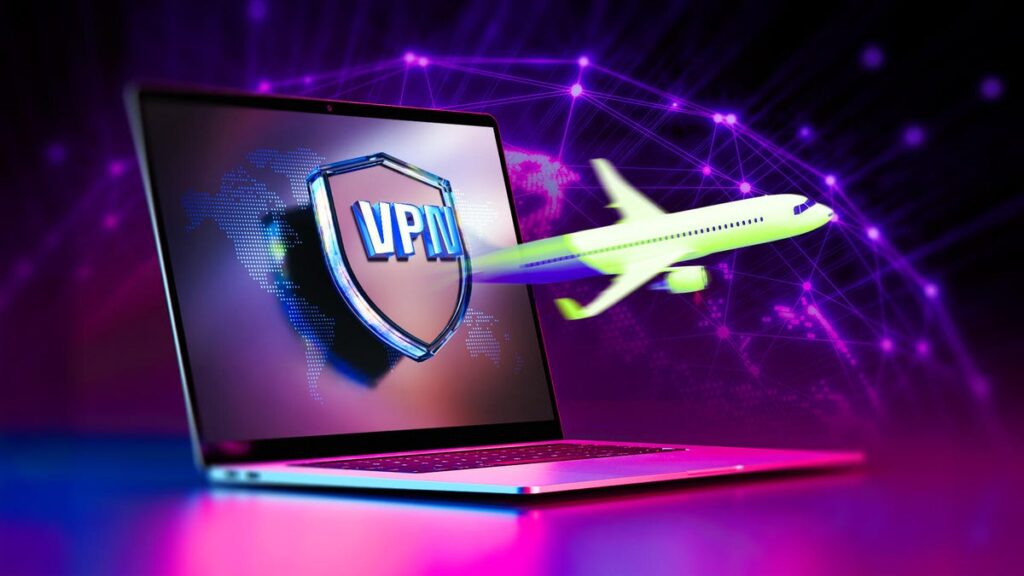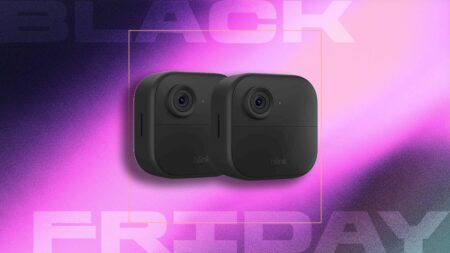There’s a VPN travel hack doing the rounds again — mostly thanks to a viral X post. Supposedly, if you set your VPN to a cheaper country, flights and hotel prices become cheaper.
So I tried it. Properly.
I used a VPN to switch my location to Brazil, Vietnam, Taipei and India. I used three of the best VPN providers — ExpressVPN, NordVPN and Proton VPN — and made sure I wasn’t logged into any accounts. Every search was in a fresh Incognito tab, and I verified that the websites I visited, including Google Flights and Skyscanner, correctly detected my spoofed location and showed the appropriate local currency.
My results might surprise you: I didn’t actually see meaningfully cheaper flights, although it did work better on another front.
Don’t miss any of our unbiased tech content and lab-based reviews. Add CNET as a preferred Google source.
How I tried to find cheaper flights with a VPN
Over several sessions, I searched across multiple routes. These included LHR to NYC, MAN to HKG, HKG to AMS, SFO to LAX. I mixed domestic and international, short-haul and long.
In most cases, prices were within $1 of each other. The biggest saving I saw was on a flight from San Francisco to Japan, which was $63 (about 7%) cheaper when using a VPN set to Brazil. Sometimes, oddly enough, the VPN version was more expensive than just booking from home.
The biggest saving I saw when browsing flights with a VPN was $63 — a far cry from the huge savings this hack promises.
But never, not once, did I see anything close to the big savings that people online swear by. No jackpot fares, no hidden bargains, no half-price fares hiding behind virtual borders.
Let’s compare the lowest prices I could find on reasonable routes (not ridiculous 30+ hour journeys with multiple stopovers) for a five-day return trip. I picked dates exactly two months ahead of the date I was searching on and after the holidays to try and get neutral prices. Here’s what I found:
|
Flight Route |
Lowest Price Without VPN |
Lowest Price With VPN |
|---|---|---|
|
London to New York (LHR to NYC) |
$636 |
$635 |
|
Manchester to Hong Kong (MAN to HKG) |
$710 |
$709 |
|
Hong Kong to Amsterdam (HKG to AMS) |
$566 |
$566 |
|
San Francisco to Los Angeles (SFO to LAX) |
$74 |
$73 |
|
Los Angeles to New York (LAX to NYC) |
$183 |
$183 |
|
San Francisco to Tokyo (SFO to HND) |
$876 |
$813 |
Here’s where a VPN might actually save you some money
When comparing hotel prices, there was more of a difference. I saw savings between $100 and $200 when looking at hotels in Manhattan, New York, for the same January trip as the flights. That’s Jan. 19 through Jan. 23, 2026 — so a four-night stay in total.
On Booking.com, I compared a booking for one at the Westin Times Square hotel. The best savings I found with a VPN was when I connected to Brazil servers, where the price was $815. With no VPN, the same booking was $976.
Most people would probably be happy to save $100 on a hotel. Still, I didn’t find the amazing, half-priced deals the internet would lead you to believe a VPN will get you.
So why doesn’t this VPN travel workaround work anymore?
A VPN for travel can let you access websites or apps like you would from your home country or provide peace of mind for private browsing.
To find out exactly why this technique doesn’t work anymore, I spoke to Michael Nizich, director of the Entrepreneurship and Technology Innovation Center at NYIT. He confirmed that while this trick might’ve worked once upon a time, the industry has caught on.
“It used to be very possible,” he told me, “to pretend to purchase from another country and capitalize on region-specific pricing.” But now, vendors use techniques like deep packet inspection and browser fingerprinting to sniff out where you’re really coming from. That means brands aren’t just looking at what your VPN says — they’re digging deeper and applying prices based on that.
So even if the website shows you’re browsing from Hanoi, the site might still know you’re sitting in Cleveland, crossing your fingers for cheap airfare.
This whole idea survives because every so often, someone somewhere sees a small discount — or a glitch — and shouts about it on social media. But airlines and travel companies have largely plugged the gaps.
What is a VPN good for?
Plenty. VPNs are still one of the best ways to keep your activity private, especially when you’re connecting on public Wi-Fi at the airport or in a coffee shop. A VPN hides your browsing activity from your service provider and any network administrators.
They’re also handy for avoiding location-based censorship or accessing streaming services on vacation or that are blocked in your country. Want to stream BBC iPlayer from the US or watch HBO Max from the UK? VPNs can help you out.
VPNs are also crucial for remote workers. Nizich stressed that VPNs are still “a great and recommended way of securing your traffic over the Internet and more specifically directly to your organization.”
But — and this is the important bit — they’re not magical cloaks of invisibility. No service can keep you completely anonymous online, although many will tell you they can. And remember that your VPN is only as good as its upkeep. If you’re using an ancient version or skipping software updates, you’re leaving the digital door wide open.
“Cyber criminals are capitalizing on these vulnerabilities,” Nizich warned, “and once they are known, you become a target until you fix your system by applying these patches and updates.”
So use a VPN, keep it updated, and pair it with good habits. While you might be able to save a few bucks, don’t expect a VPN to deliver a 5-star hotel in Tokyo for the price of a hostel in Mumbai.
Read the full article here













